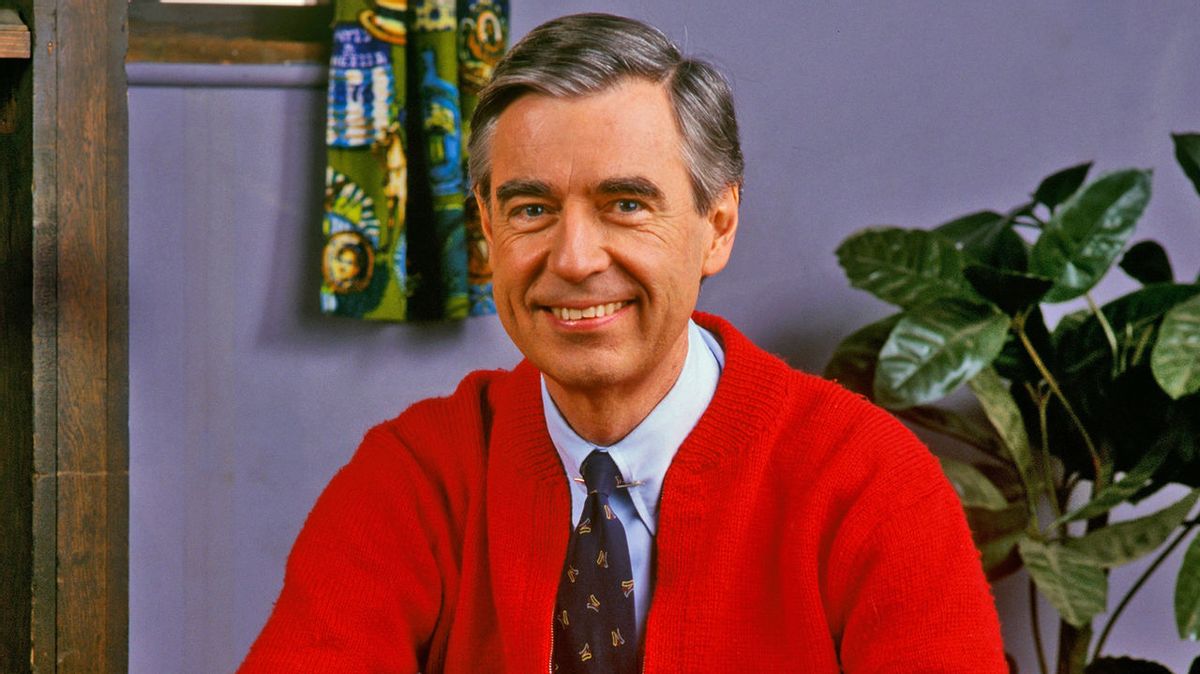In times of trouble, adults seeking to reassure inquisitive children who are aware of frightening events in the news but are too young to fully understand their import often turn to the example of
The Mister Rogers' Neighborhood section of the PBS web site offers some advice on "Helping Children Deal with Tragic Events in the News," including the following:
During his lifetime, Fred Rogers reassuring way of helping families with difficult times, beginning with his response to Robert Kennedy's assassination. Over the years since then, there have, unfortunately, been other tragic events during which parents and educators turned to him for his calming and thoughtful insight. Fred Rogers' wisdom is timeless, and his messages continue to be valuable for children and the people who care for them, as we deal with the events of today's world.
In times of community or world-wide crisis, it's easy to assume that young children don't know what's going on. But one thing's for sure, children are very sensitive to how their parents feel. They're keenly aware of the expressions on their parents' faces and the tone of their voices. Children sense when their parents are really worried, whether they're watching the news or talking about it with others. No matter what children know about a crisis, it's especially scary for them to realize that their parents are scared.
Even if we wanted to, it would be impossible to give our children all the reasons for such things as war, terrorists, abuse, murders, fires, hurricanes, and earthquakes. If they ask questions, our best answer may be to ask them, "What do you think happened?" If the answer is, "I don't know," then the simplest reply might be something like, "I'm sad about the news, and I'm worried. But I love you, and I'll take care of you."
If we don't let children know it's okay to feel sad and scared, they may try to hide those feelings or think something is wrong with them whenever they do feel that way. They certainly don't need details of what's making us sad or scared, but if we can help them accept their own feelings as natural and normal, their feelings will be much more manageable for them.
Fred Rogers often told this story about when he was a boy and would see scary things on the news: "My mother would say to me, 'Look for the helpers. You will always find people who are helping.' To this day, especially in times of disaster, I remember my mother's words, and I am always comforted by realizing that there are still so many helpers — so many caring people in this world."
This bit of autobiographical advice is something Fred Rogers was offering at least as far back as 1986, when he wrote in a syndicated
I was spared from any great disasters when I was little, but there was plenty of news of them in newspapers and on the radio, and there were graphic images of them in newsreels.
For me, as for all children, the world could have come to seem a scary place to live. But I felt secure with my parents, and they let me know that we were safely together whenever I showed concern about accounts of alarming events in the world.
There was something else my mother did that I've always remembered: "Always look for the helpers," she'd tell me. "There's always someone who is trying to help." I did, and I came to see that the world is full of doctors and nurses, police and firemen, volunteers, neighbors and friends who are ready to jump in to help when things go wrong.

